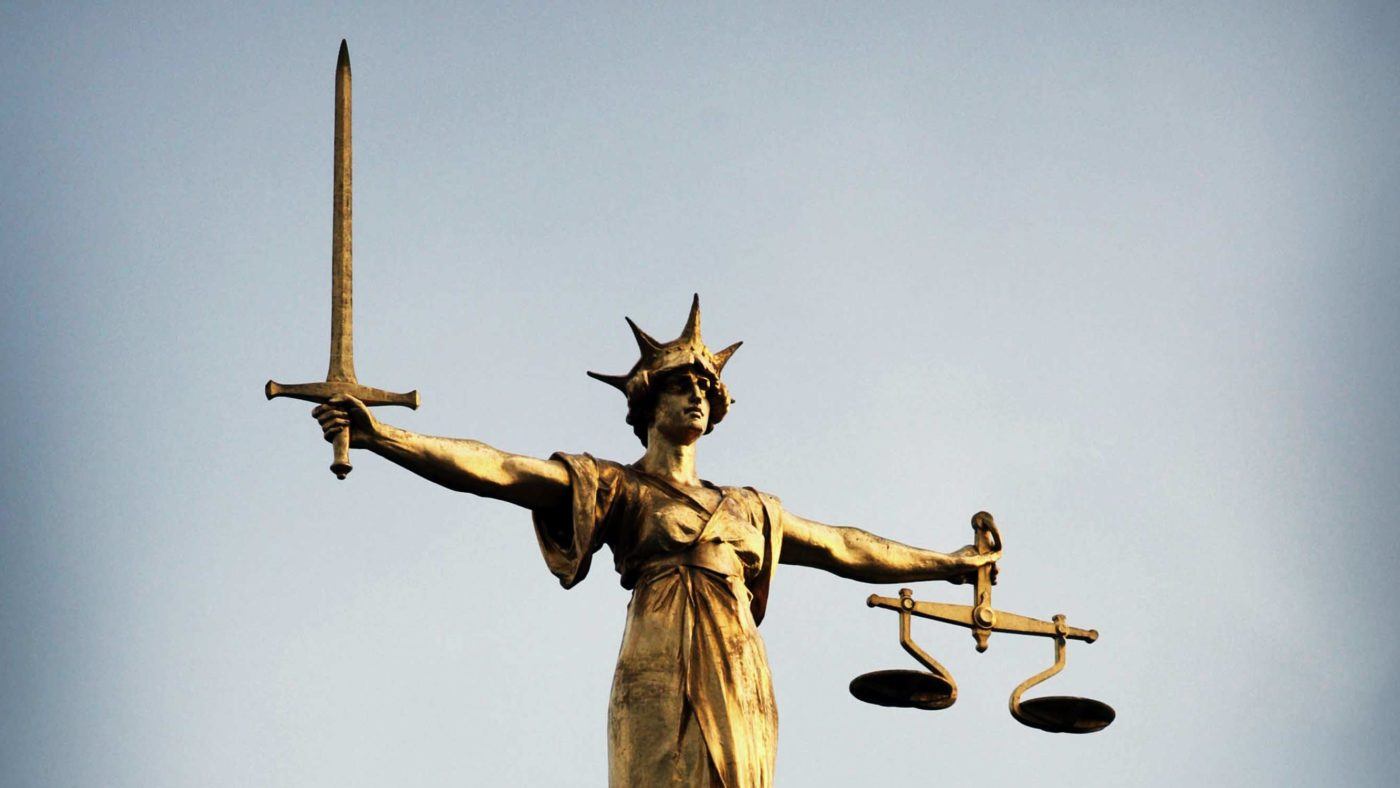In 2014, I opposed the UK opting back into the European Arrest Warrant (EAW), along with 36 of my fellow Conservative MPs. My colleagues and I felt strongly that we ought to be returning powers back to the UK, not ceding them to European institutions. Two years on, the fatally flawed EAW system has continued to perpetrate injustice across the European continent. What is more, it risks sacrificing the UK’s commitment to the rule of law at the altar of expediency. Now that the UK has voted to leave the European Union, and with it the European Arrest Warrant, we should seize the opportunity to renew our reputation as a world leader in impartial justice.
The EAW operates as an extradition arrangement between EU member states. Introduced in 2004 and intended to speed up extradition proceedings, any national judicial authority within the EU can issue a warrant to extradite a suspect on the basis of the mutual recognition of criminal justice systems within the EU. Yet therein lies its major flaw. This one-size-fits-all approach equates British and German judicial standards with those of countries such as Romania and Bulgaria – recently named by the RAND Europe research institute as the most corrupt in the EU.
Romania, as the Heritage Foundation pointed out earlier this year, suffers from lingering institutional shortcomings which make it difficult to enhance respect for the rule of law. Its under-resourced court system is “subject to chronic corruption and political influence”. Trial by jury is unheard of. A recent publication by the Hampden Trust in association with The Freedom Association, “Why the UK should Reform or Exit the European Arrest Warrant”, exposed a litany of problems and excesses in the Romanian justice system. Its current Justice Minister, Raluca Pruna, is reported as describing human rights as a “theoretical luxury in a state weakened by state-level corruption”.
The recent case of Alexander Adamescu is a clear example of not only how Romanian justice is in no way comparable to our own, but also demonstrates the urgent need for the UK to negotiate bespoke extradition arrangements that retain basic legal safeguards and for interim legislation to protect our high standards of justice until we have formally withdrawn from the EAW.
Mr Adamescu, a German citizen who has lived in London for the last four years, has seen his family become targets of the Romanian authorities, not least because they are the owners of one of the leading independent newspapers in Romania, Romania Libera – a prominent opponent of corruption in Romanian politics.
After criticising the Romanian government for their treatment of his father, who was jailed on charges of bribery in a case highlighted by the respected NGO Fair Trials International as having “failed to respect the presumption of innocence”, we learn that Alexander Adamescu soon found himself accused of exactly the same crime, leading to an EAW issued against him. Perhaps of most concern is the fact that – conveniently for the Romanian authorities – he was arrested by British police two hours before he was due to attend an event at London’s Frontline foreign correspondents’ club to highlight his case. He now faces an extradition hearing in the New Year. Despite the suspicion of political motivation for his arrest, British judges cannot review the case against him and must treat any EAW issued by Romania with a wholly unmerited level of reciprocity.
Senior human rights lawyers and several highly respected NGOs, including Liberty, Fair Trials International and Big Brother Watch, have detailed numerous instances where an EAW has been issued for sentences resulting from an unfair trial, as well as in cases later found to be major miscarriages of justice. There is a worrying trend emerging whereby the issuing state has sought extradition for what might be deemed personal or political reasons, or where evidence has been obtained through police brutality. Crucially, were British judges able to scrutinise the evidence prior to extradition, many of these cases would have been thrown out, yet the EAW assumes a parity of legal systems within the EU. So it’s a case of “Extradite first, ask questions later”.
Mercifully, the UK’s vote to leave the EU allows us to withdraw from this fatally flawed arrangement. However, as the UK leaves the EU and the EAW this doesn’t mean there won’t be police, security or judicial cooperation between us. Indeed, asked whether UK cooperation could still continue post a Brexit vote on the Daily Politics in March, the Independent Reviewer of Terrorism Legislation, David Anderson QC, said that it was “very likely”. Countries such as Canada, the USA, Australia, Switzerland, South Africa, and Israel all have extradition treaties with EU nations without being a member of the EU and now the UK can follow suit.
But that still leaves open the question of what to do with the current broken EAW system until the UK will be able to replace it with a more sensible solution. Clearly we need legislation in the interim that will provide safeguards against the current abuses committed through the EAW. Allowing British judges to review the evidence and exercise their judgement more freely in EU extradition cases to prevent a miscarriage of justice would be a practical provisional measure.
The EAW is antithetical to the core British legal principles of habeas corpus, trial by jury, the presumption of innocence until proven guilty, and an independent judiciary free from political influence. While the EAW focuses on speed at the expense of quality, Britain’s world-respected judiciary has held the checking of arbitrary power as its most definitive concept. As the UK begins to negotiate more tailored extradition arrangements, we can better uphold the rule of law and set an example to our European partners. For the sake of British citizens, and those of EU member states who share our values, Europe needs our leadership on this issue now more than ever.


